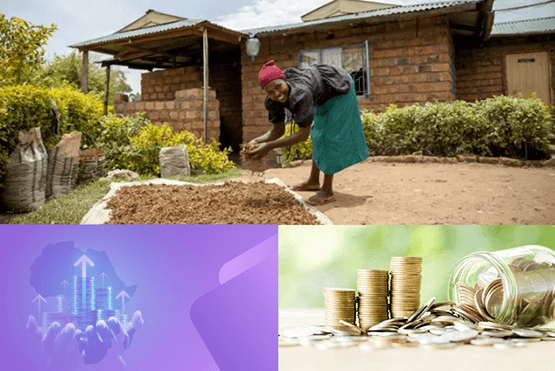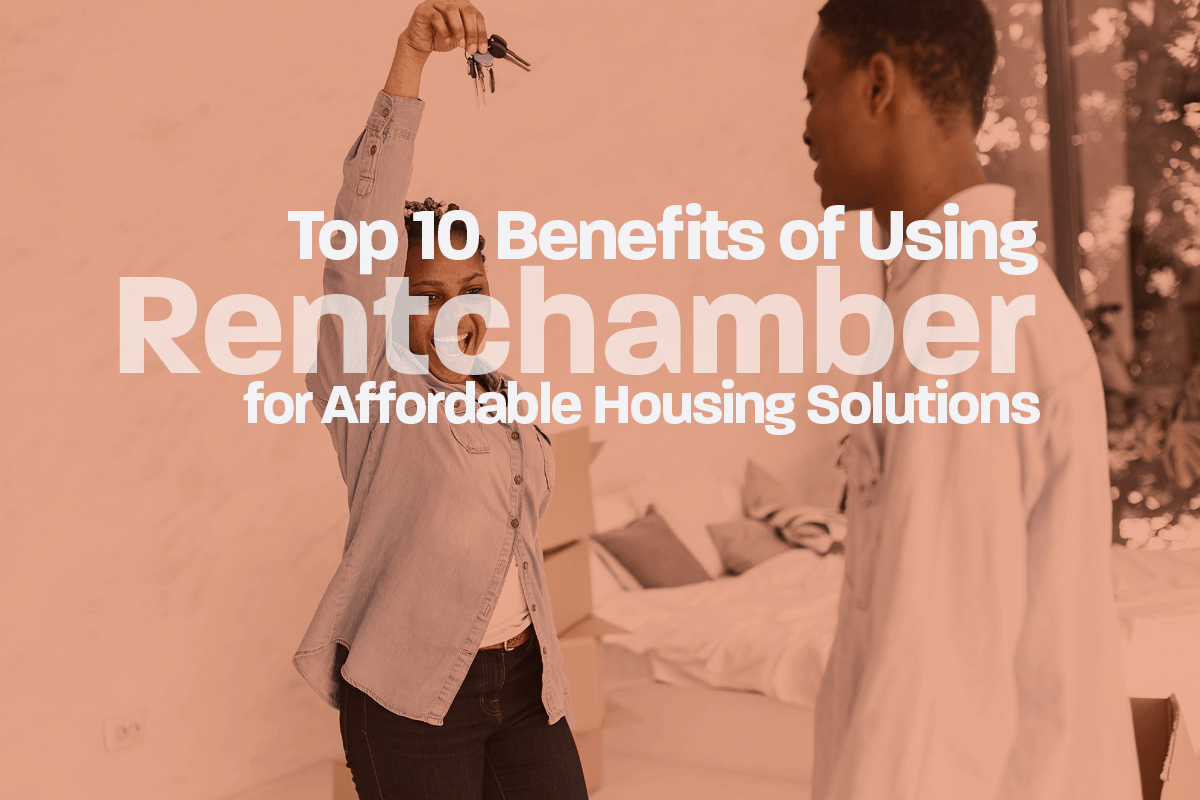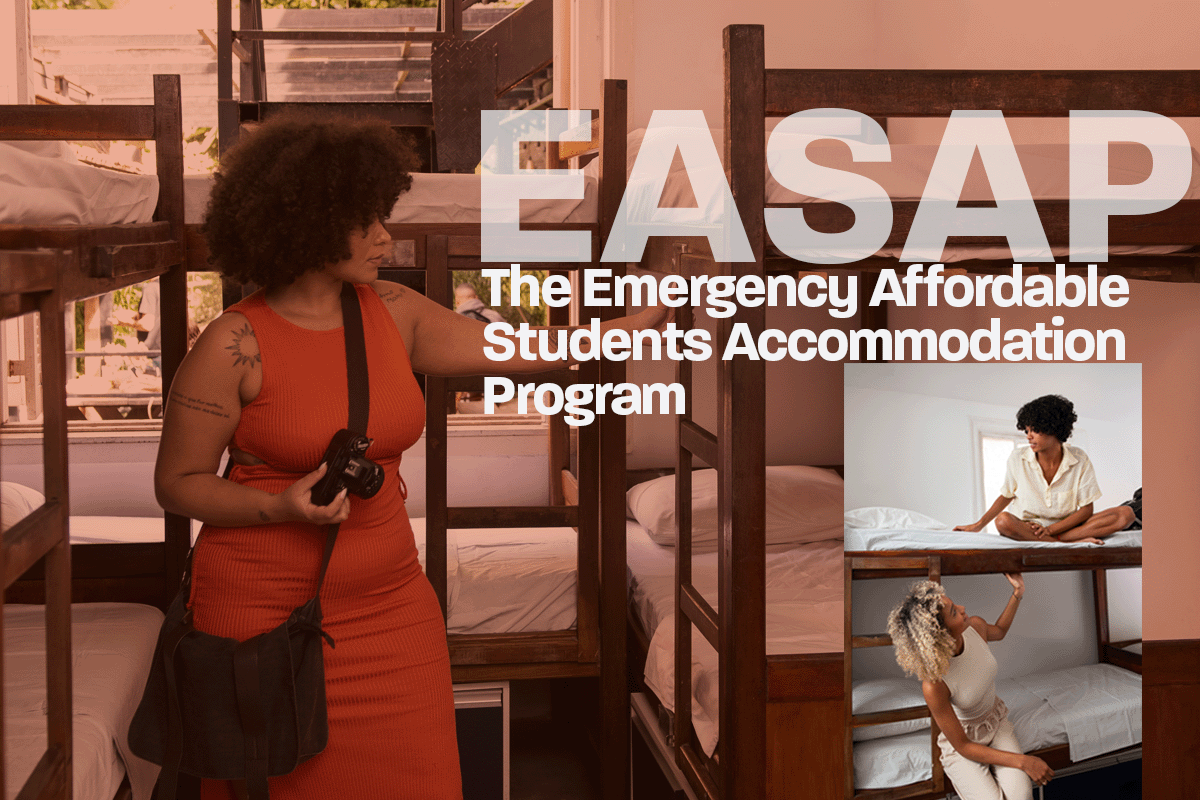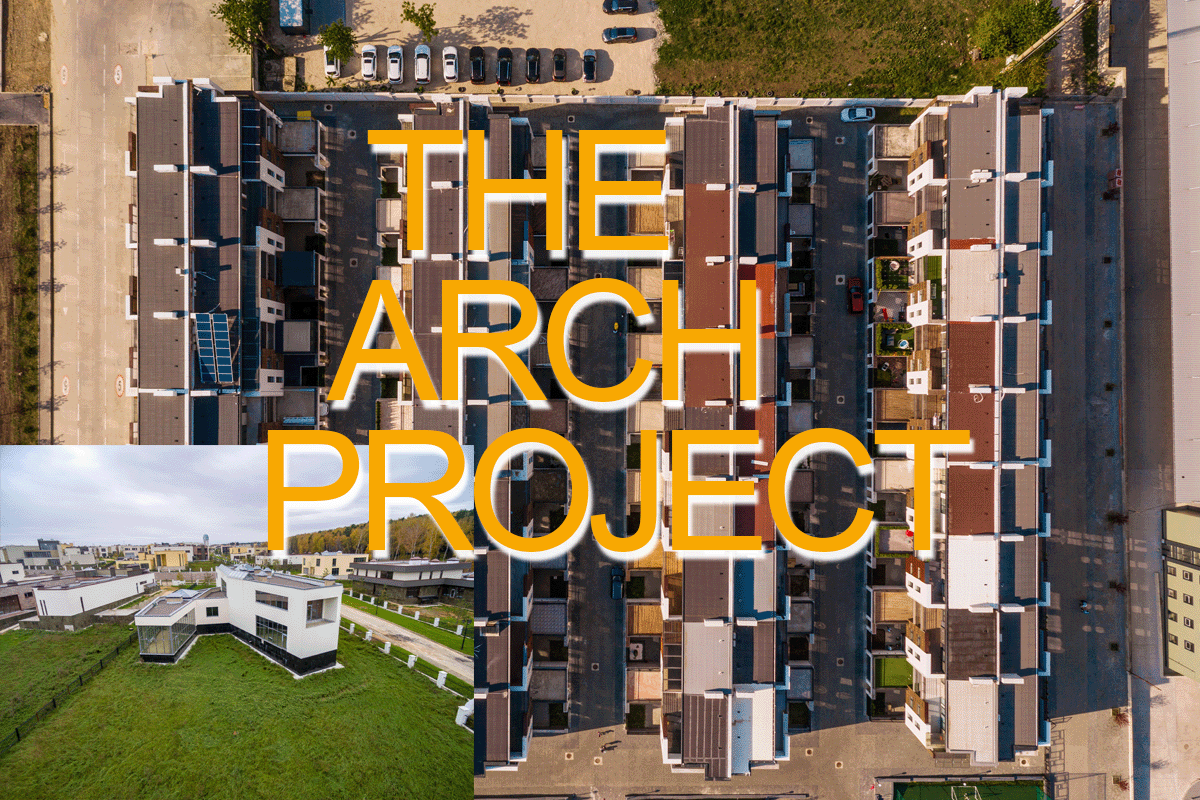The challenge of affordable housing remains a critical issue across Africa, where a significant portion of the population struggles to access adequate and decent living spaces. With urbanization on the rise and populations growing, the need for affordable housing solutions has become even more pressing. Microfinance, a proven tool for poverty alleviation and economic empowerment, presents a viable avenue for bridging the affordable housing gap across Africa. This article explores the potential of microfinance solutions and their role in addressing the housing crisis.
Microfinance Solutions And Their Role In Addressing Affordable Housing In Africa
Understanding the Affordable Housing Gap
In many African countries, the demand for affordable housing far exceeds the available supply. Rapid urbanization has led to overcrowded slums and informal settlements, resulting in poor living conditions and limited access to basic amenities. High construction costs, limited access to credit, and inadequate infrastructure further exacerbate the housing crisis.
Microfinance: A Pathway to Affordable Housing
Microfinance, characterized by providing small loans and financial services to low-income individuals and communities, has successfully enabled entrepreneurship and income generation across Africa. By leveraging the principles of microfinance, housing solutions can be tailored to the needs of low-income households, facilitating their entry into the formal housing market.
- Flexible Financing Options: Microfinance institutions can offer housing loans with flexible terms and low-interest rates, making homeownership more attainable for low-income individuals. These loans can cover various housing-related expenses, including construction, repairs, and improvements.
- Incremental Housing Construction: Microfinance supports incremental housing construction, allowing homeowners to build and expand their houses gradually as their financial capabilities grow. This approach reduces the burden of upfront costs and promotes sustainable homeownership.
- Community-Based Approaches: Microfinance solutions can be tailored to suit the specific needs of communities, fostering a sense of ownership and cooperation. Community-driven initiatives can pool resources and collectively address housing challenges, leading to the development of affordable housing projects.
- Technical Assistance and Capacity Building: Microfinance institutions can provide technical support and training to borrowers, empowering them with the skills necessary for construction, maintenance, and property management.
- Innovative Partnerships: Collaborations between microfinance institutions, governments, NGOs, and private sector entities can create a comprehensive ecosystem that addresses the multifaceted challenges of affordable housing.
Challenges and Opportunities
While microfinance holds promise in bridging the affordable housing gap, several challenges must be addressed:
- Risk Management: Microfinance institutions must employ effective risk assessment strategies to ensure the sustainability of housing loans and prevent default.
- Regulatory Frameworks: Governments play a crucial role in creating an enabling environment for microfinance solutions. Clear regulatory frameworks and policies are essential to promote responsible lending and protect borrowers.
- Scale and Reach: Efforts should be made to scale up microfinance initiatives to reach a larger segment of the population in need of affordable housing.
Top 7 Microfinance Institutions Providing Affordable Housing Solutions In Africa
- Ecobank Foundation: Ecobank, a prominent African financial institution, established the Ecobank Foundation to support various social development initiatives, including affordable housing. They have partnered with organizations and governments to provide housing finance and mortgage solutions for low-income individuals across several African countries.
- Kenya Women Microfinance Bank (KWFT): KWFT is a microfinance institution in Kenya that has been actively involved in offering housing finance products tailored to the needs of women and low-income families. They provide loans for home construction, improvement, and purchase, empowering women to secure decent housing for themselves and their families.
- Grameen Crédit Agricole Microfinance Foundation: This foundation operates in multiple African countries, including Burkina Faso, Senegal, and Mali. They focus on providing microfinance services to promote economic and social development, including supporting housing-related initiatives for disadvantaged communities.
- Baobab Microfinance Bank: Baobab operates in various African countries and offers a range of financial services, including housing loans and micro-mortgages. They aim to improve living conditions for low-income individuals by facilitating access to funds for housing construction and improvements.
- Opportunity International: This global microfinance network operates in several African nations, such as Ghana, Uganda, and Malawi. They provide financial services, including housing loans, to underserved communities, enabling them to build and improve their homes.
- FINCA International: Operating in countries like Tanzania, Zambia, and Uganda, FINCA offers microfinance solutions that include housing loans. They empower individuals to invest in their homes and communities, contributing to the overall improvement of living conditions.
- Umati Capital: While not a traditional microfinance institution, Umati Capital, based in Kenya, provides innovative financial solutions for the affordable housing sector. They offer loans and financial products to support construction and real estate development projects that target low-income communities.
Microfinance solutions offer a transformative pathway to addressing the affordable housing crisis in African nations. By tailoring housing finance options to the unique needs and capacities of low-income individuals and communities, microfinance institutions can empower them to become homeowners and improve their overall quality of life. To fully realize the potential of microfinance in bridging the housing gap, collaborative efforts among governments, financial institutions, and development partners are essential. As African nations continue to urbanize and grow, harnessing the power of microfinance can contribute significantly to building inclusive and sustainable communities for all.




